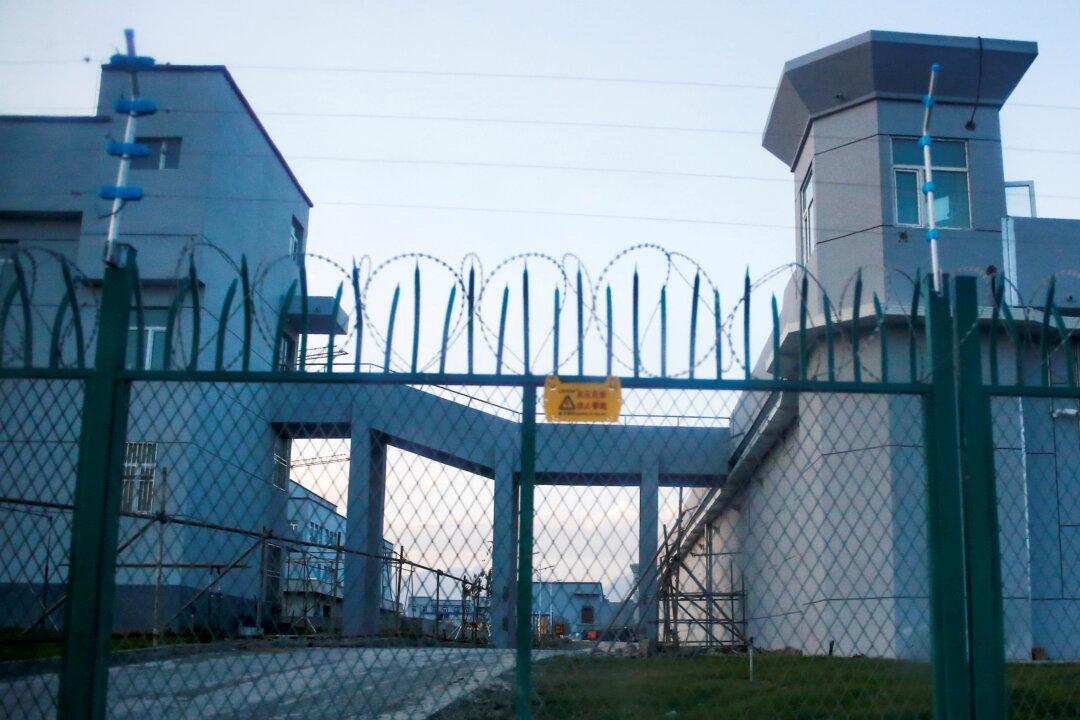Commentary
If you follow the headlines regularly you would have to conclude that China is making advancements on several key technological fronts: electric vehicles, wind turbines, lithium batteries, and rare minerals needed for industries at the forefront of the war on climate change.





